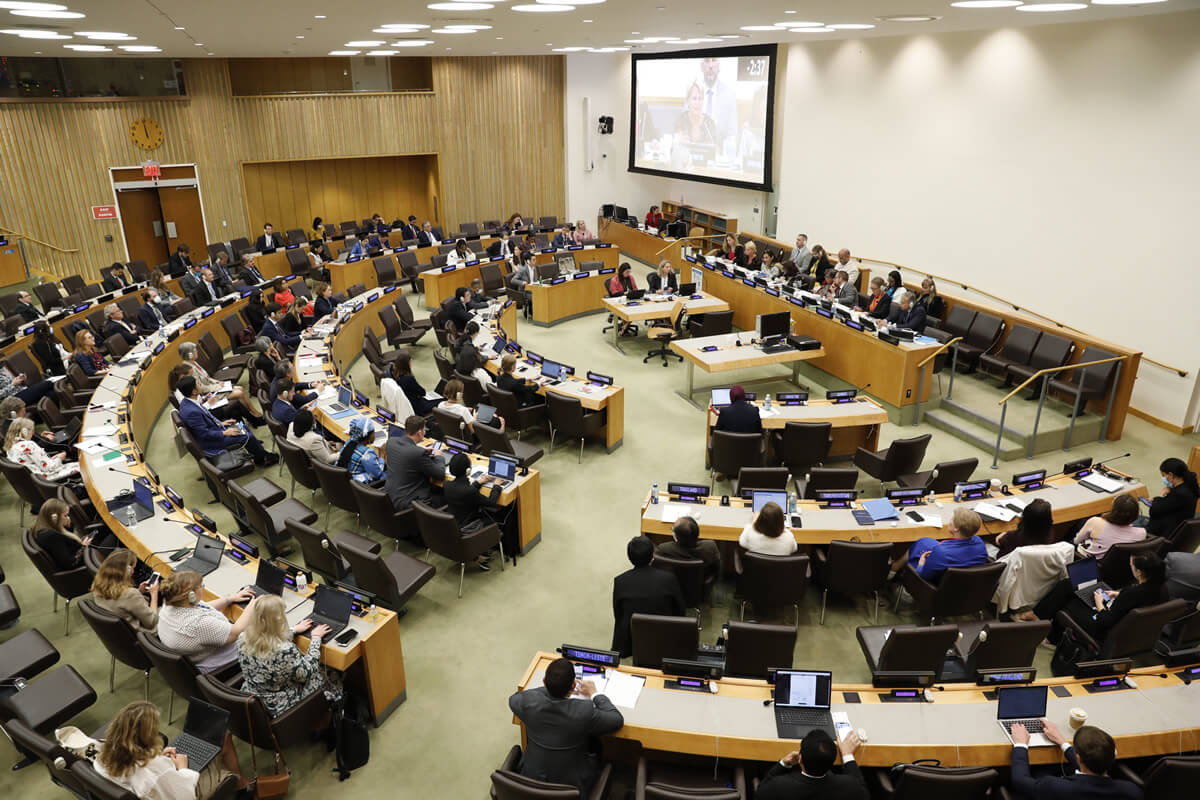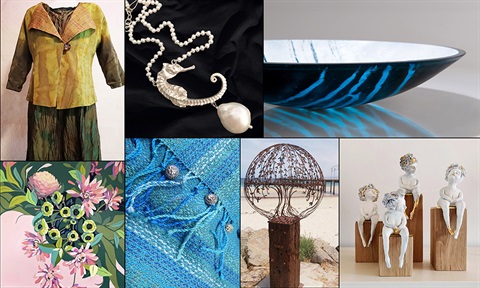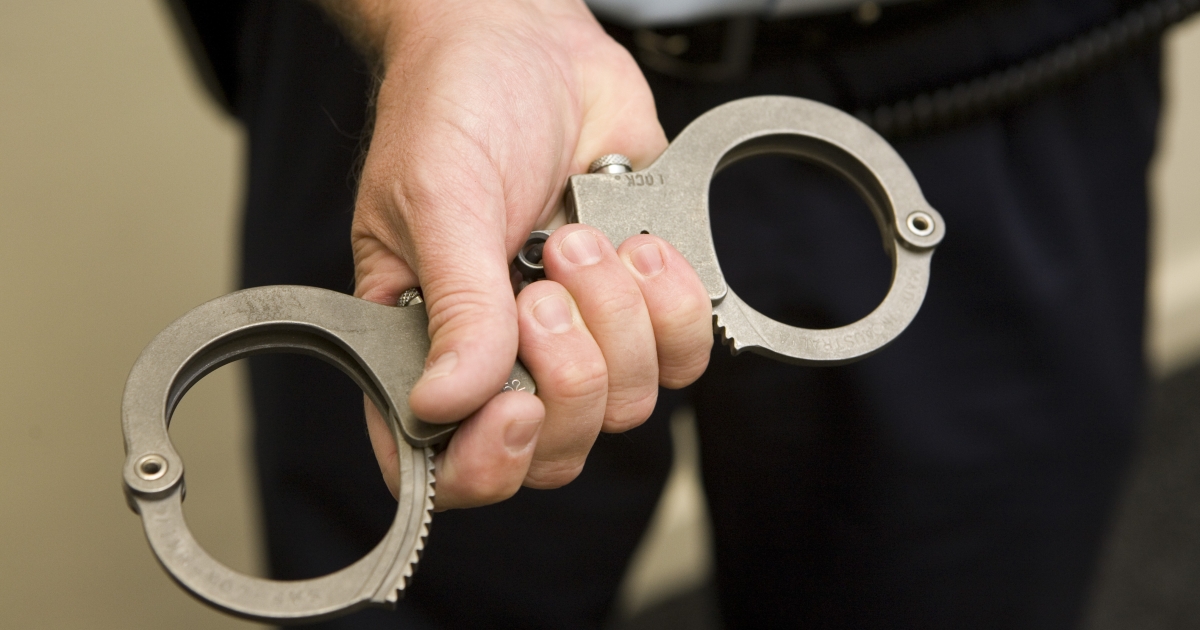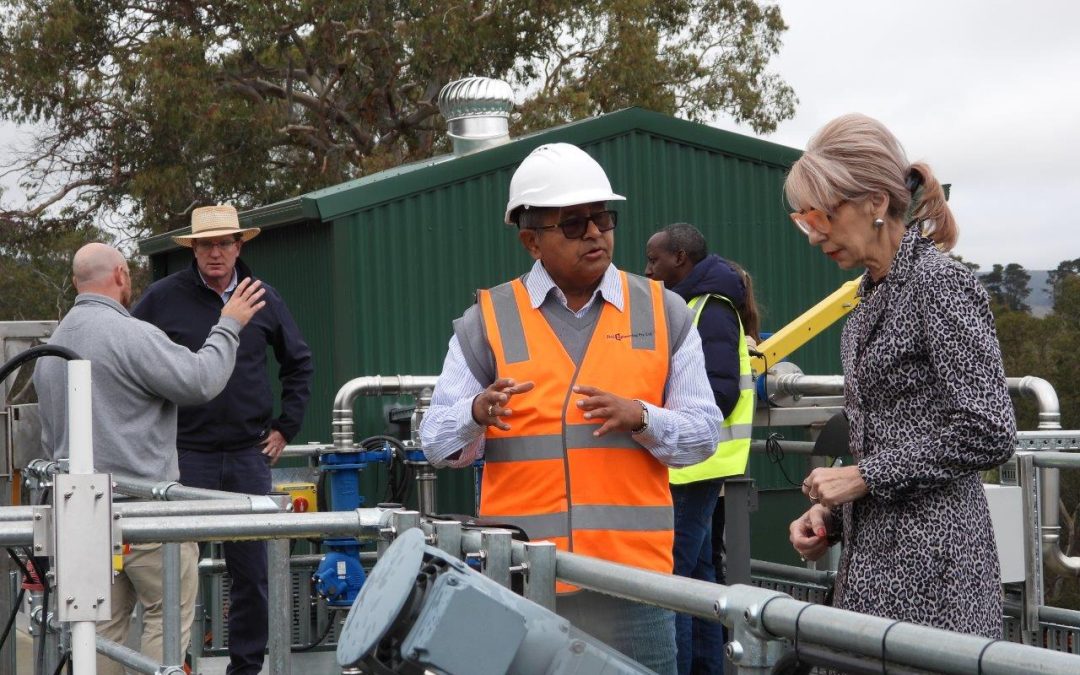A world-first “personal safety and development” program is being crafted for Victorian Islamic schools, covering difficult cultural subjects such as sexuality, sex education, abortion and contraception.
Fida Sanjakdar
Senior Lecturer, School of Education Culture and Society
The lead researcher of the groundbreaking Monash University initiative, Associate Professor Fida Sanjakdar, in the Faculty of Education, has been working in this space (“transdisciplinary understandings of sexuality education within the Muslim community”) for more than a decade, and is a former secondary school teacher.
The idea – bolstered by recent changes in education guidelines by the Victorian state government – is, in her words, to “re-culture” aspects of education in the independent Islamic schools.
“Hopefully the schools will come to see themselves as being positive contributors to this, and see that this is part and parcel of offering a holistic Islamic education. We need to re-culture how Islamic schools work with students in this space, and how they work with parents and the wider Muslim and non-Muslim community.
“It’s more than just getting them to sit down and talk openly about sexuality,” she says. “It’s about dealing with some of the more sensitive issues in this space.
“How do we actually work with Muslim students and prepare them to be global citizens? How do we help them understand other viewpoints in this area, as well as articulate and defend their own viewpoint? How do we develop confident, knowledgeable and resilient young people in this area?”
Culturally challenging areas
These are culturally challenging areas for Islamic independent schools. The program Associate Professor Sanjakdar is developing is still in its early stages, but she hopes to complete the research next year.
Six Victorian Islamic schools are involved in the project, which involves gathering data – the views of students, parents, teachers and administrators – to inform what a new school-based sexuality education (SBSE) curriculum can look like for Australian Muslim youth.
The research, named “Safety First – Personal Safety and Development Program for Muslim students in Islamic schools” is funded by the Independent Schools of Victoria (ISV).
There are almost 50 Islamic schools Australia-wide; the 15 Islamic schools in Victoria are governed by the ISV.
However, about 70% of students from a Muslim background don’t go to Islamic schools. The six schools contributing to this research are answering surveys about the importance of SBSE, as well as on education about traditionally off-limits topics within this subject area, including bodies, gender, relationships, sexuality (including same-sex preferences), suicide, sexual abuse, and domestic violence.
The Chief Executive of ISV, Michelle Green, said the Monash project stressed “protective behaviours” for the “great benefit to the students of Islamic schools and the wider community.”
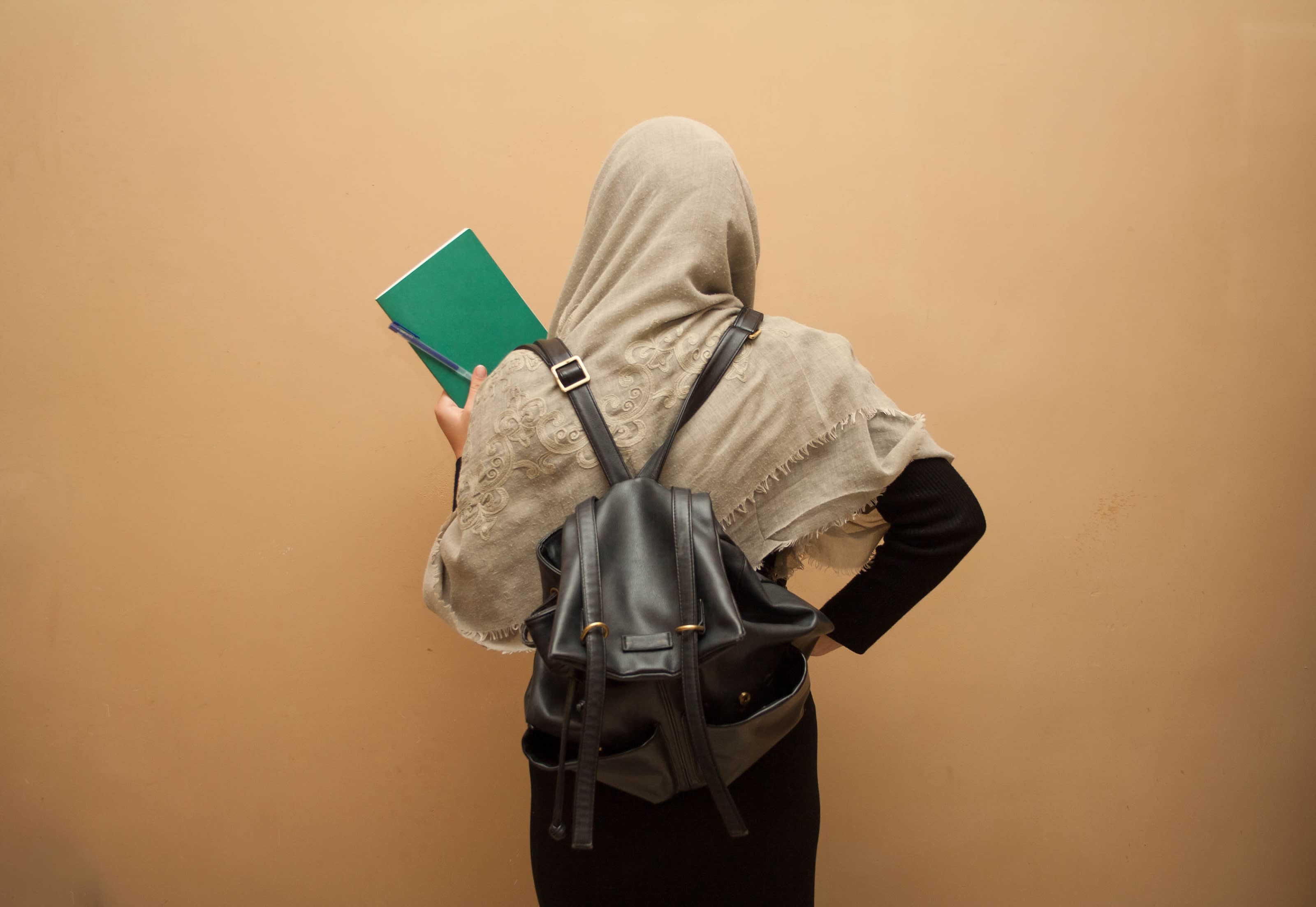
Addressing the ‘null curriculum’
Associate Professor Sanjakdar explains that subjects or topics excluded from some schools are called a “null curriculum”, excluded because they’re deemed unsuitable for the school.
“An Islamic school might be espousing a holistic Islamic education,” she says, “but there’s a null curriculum present in these schools that contradicts the fundamental teachings of a holistic Islamic education.
“The deliberate omission of a comprehensive sexuality education in Australian Islamic schools is denying Muslim youth opportunities to learn about important topics and issues necessary to fulfil their religious roles and obligations.
“When such learning is absent from school and the home contexts, these youths will seek information from other sources, which may compromise their Islamic education,” Associate Professor Sanjakdar says.
“The transdisciplinary approach I use is important, because the perspectives of sexuality education derived from different disciplines – socio-cultural-religious-political – broadens the discourse on what is diversity within this space.
“We’ve come a long way in this curriculum area to move it beyond purely hygiene education. However, SBSE that is inclusive of religious and cultural diversity remains under-researched.”
In July last year, the Victorian state government introduced new Child Safe Standards for schools and other organisations that deal with young people.
“Schools are being asked to go beyond just a mandatory reporting policy. Rather, schools are now expected to have a dedicated curriculum that looks at all aspects of child safety, and part of that is a comprehensive school-based sexuality education program.
“Australian Islamic schools are now a significant component of our educational landscape, so they, too, have to take responsibility for this education, and all the sensitive and/or controversial curriculum topics within,” she says.
“But it’s a complex curriculum to initiate. Currently, many of these schools introduce these topics on a needs basis; they say, ‘We will do it if we need to’, so it’s more accidental or incidental learning experiences offered to students.
“However, such an ‘ad hoc’ approach means that many students often miss out on learning about issues relevant to them within the broader spectrum of sexuality education.”
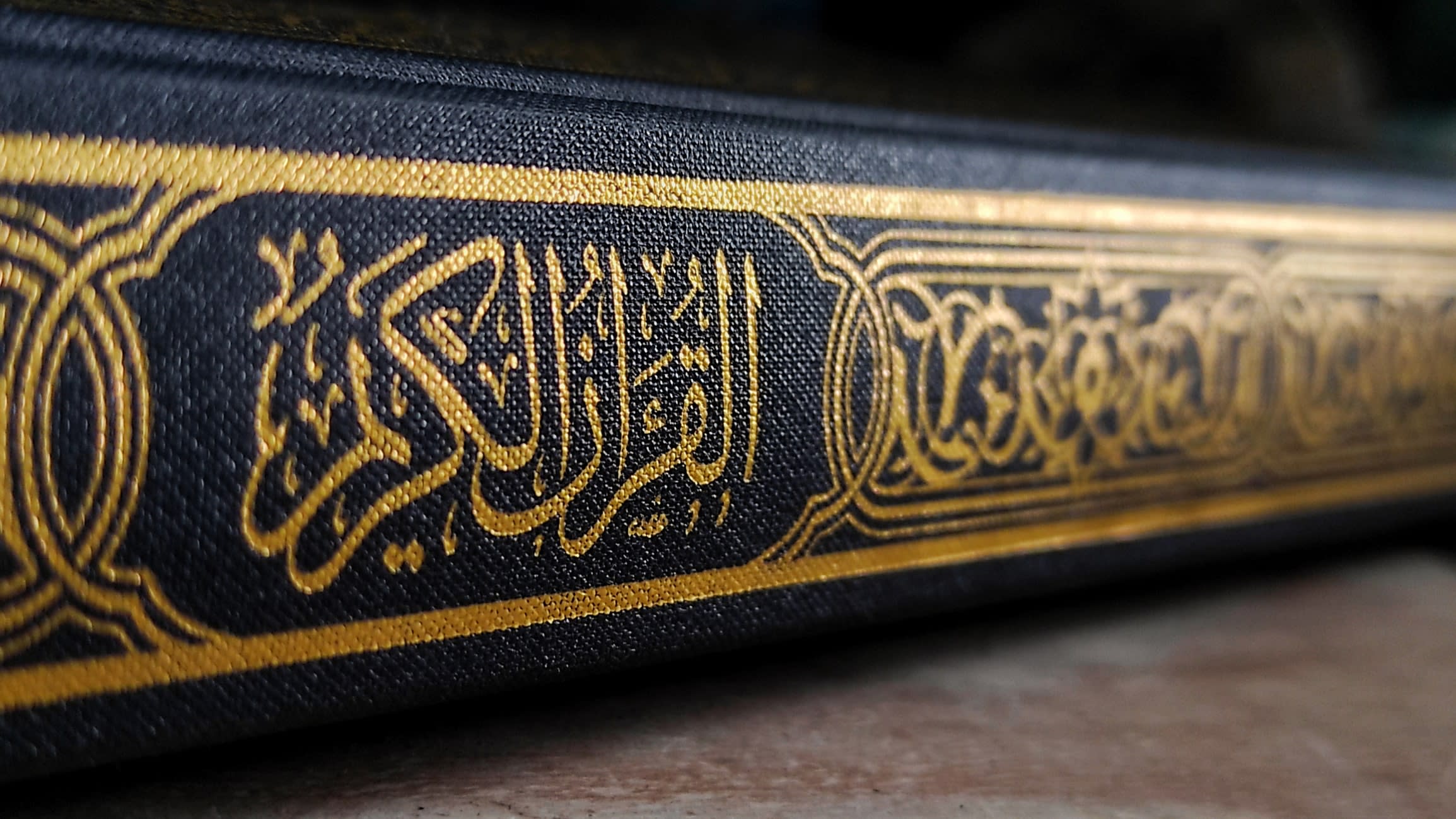
New law concerns the Muslim community
Additionally, a new state law introduced last year – the Change or Suppression (Conversion) Practices Prohibition Act – banned “practices that seek to change or suppress a person’s sexual orientation or gender identity”.
This new law is now also contributing to the heightened anxiety regarding this curriculum area among many members of the Muslim community, and adding to the complexities already inherent within this area.
“These laws only add to an already very challenging and difficult learning and teaching area,” Associate Professor Sanjakdar says. “Schools of other faiths face similar difficulties. When you mix issues of sexuality with religion and culture, it’s always problematic.
“Within the Muslim community itself, even though there’s one religion uniting the groups, it’s not a homogenous group of people. They come from different cultures that espouse different ideologies and lived experiences.
“So then trying to find a way that marries Islamic teachings, which is supportive of a comprehensive in-depth, diverse understanding of sexuality, with a very often limited, rigid cultural perspective, has been very difficult.
Melding the two is hard.
“So far,” she says, “teachers have been very supportive of the new program initiative, but nervous about parent conflict or backlash, and parents are nervous about what information will be presented to their children.
“What we have to do is try and find ways conceptually and methodologically about where cultural understandings and religious understandings intersect.”

